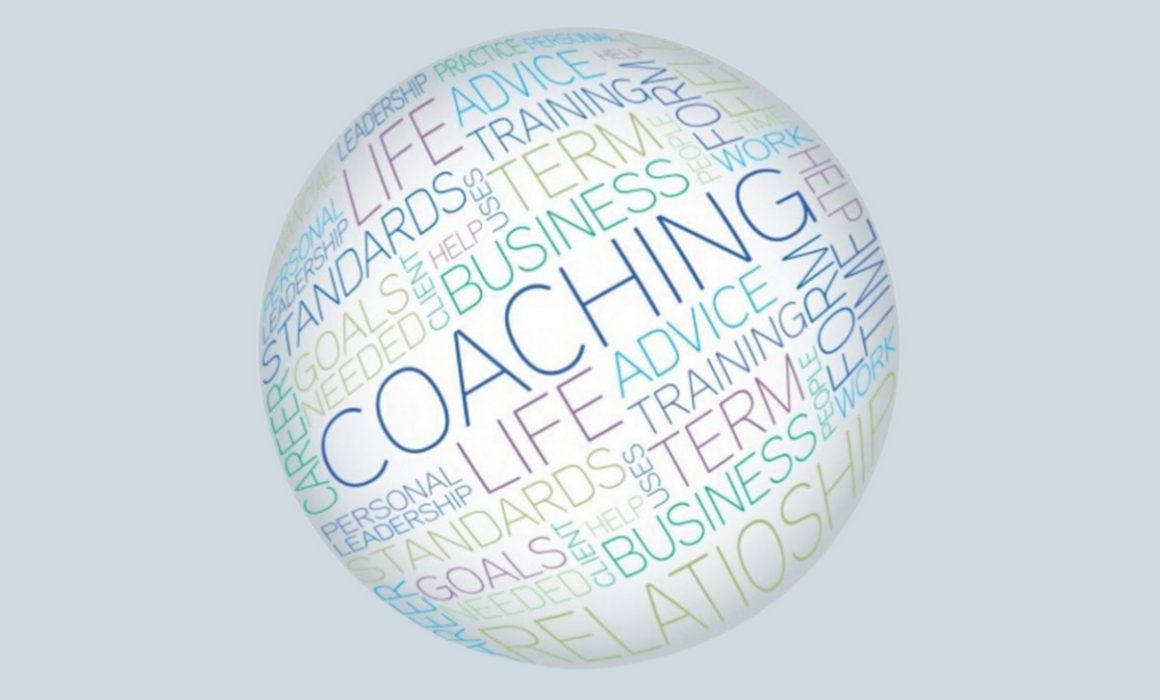ICF updates its Key Coaching Competencies
Last November 2019, ICF announced a revised version of its Key Coaching Competencies. For 20 years these competencies have served as the framework for training thousands of coaches and now many of you have asked me how this change will affect us.
In this post I will explain what has changed in how we will transition to the new model.
These are some of the questions that have come to me:
- What changes with respect to the previous competencies?
- If I want to get certified with ICF in these months, do I already have to take this new model into account?
- How do coaching schools have to adapt?
Transition stage to the new competency model
First, although the new model has been published, there will be a transition period until the changes are incorporated at all levels. The 11 Key Coaching Competencies that have guided our coaching practice are still valid at this time, and it will not be until early 2021 that the new model will come into effect for certification exams. During this time, the new model will be translated into the different languages and all supporting documentation will be aligned, for example:
- The "PCC Markers", the document with the observable behaviors by competency that is used for the assessments of coaches applying for the PCC.
- The "Minimum Skills Requirements", the comparative description of what is expected of an ACC, PCC and MCC coach in each of the competencies.
In addition, the relevant changes will be made to the procedures for assessments or certification exams, and assessors will be trained in the new assessment system.
This brings us to the question of the training offered by coaching schools with ICF-accredited programs.
How do coaching schools need to adapt?
For coaching schools with programs already accredited with ICF, the same timeframe applies to align their training design with the new model: in January 2021 they are expected to submit how they have integrated the revised competencies into their ACTP or ACSTH training through the Incremental Renewal Surveys, the semi-annual procedure through which schools keep all their program documentation updated for ICF in order to maintain the quality seal.
Likewise, newly created programs must be designed in accordance with the new model as of 2021.
But what really changes?
Actually, it is not about new competencies, but an update, and everything we learned based on the 11 competencies is still valid in the new model. What are the main changes?
The most striking change is that the 11 key competencies are reduced to 8, bringing together competencies that in the reality of the coach's work were intermingled, and adding a new one:
- Competencies 6, 7 and 8 "Ask Powerful Questions", "Communicate Directly" and "Create Awareness" become a single competency called "Evokes Awareness", which literally means "EvokesConsciousness". As the official translation of the competencies is not yet available, I prefer to handle the already known term "Creates Awareness" for the time being.
- Competencies 9, 10 and 11 "Design Actions", "Plan and Set Goals" and "Manage Progress and Accountability" are also unified into a new competency called "FacilitatesClient Growth".
- The content of the current Competency 2 "Establish the coaching agreement" (now 3) has been enriched to include both the formal contract and the agreement on the objective of the process as well as the agreement on the topic to be worked on in each session.
- The new competency is very interesting: "Embodies a Coaching Mindset", which would be something like "Embodies a Coaching Mindset" (and I am very curious about the final translation). It brings together important elements of how the coach approaches his role: from a commitment to continuous development, the utmost respect for the client's autonomy and an ability to learn from his own practice through reflection and supervision.
In addition, efforts have been made to use more precise and appropriate language, avoiding duplication, making the document shorter and easier to understand. Words that were not understood in the same way in different cultural contexts have also been replaced, thus reinforcing the commitment to diversity: for example, Competency 3, "Establish trust and intimacy with the client", is renamed "Cultivates Trust and Safety", eliminating the word intimacy.
You can see how the old competencies compare with the new ones in the following table:
| ICF Updated Key Competencies | Previous Key Competencies | ||
| 1 | Demonstrates Ethical Practice | 1 | Adhere to the code of ethics and professional standards. |
| 2 | Embodies a coaching mentality | (there is no corresponding prior competence) | |
| 3 | Establishes and Maintains Agreements | 2 | Establish the coaching agreement |
| 4 | Cultivate Confidence and Security | 3 | Establish trust and intimacy with the customer |
| 5 | Maintains Presence | 4 | Being present in coaching |
| 6 | Active listening | 5 | Active listening |
| 7 | Creating Consciousness | 6 | Asking powerful questions |
| 7 | Creating Consciousness | 7 | Communicate directly |
| 7 | Creating Consciousness | 8 | Creating awareness |
| 8 | Facilitates Customer Development | 9 | Design actions |
| 8 | Facilitates Customer Development | 10 | Planning and goal setting |
| 8 | Facilitates Customer Development | 11 | Managing progress and accountability |
In this link of the ICF International website you can read all the information related to the competency review.
In future posts I will share my reflections on the most interesting nuances offered by this new frame of reference, which I will now begin to explore in my work with Mentor Coaching and Supervision clients.
In addition, Iinvite youto share your questions and comments through this blog or on LinkedIn, and together we can make sense of this new resource for our profession.
FREE WEBINAR
"How to become certified with ICF on your own".
Many coaches ask me what are the steps and requirements to get certified by ICF, so I have organized a free webinar, so that I can clarify your doubts.
It will be on November 29, at 6:00 pm.
Recommended for trained coaches who want to take the step to obtain the ACC or PCC accreditation with ICF.
UPCOMING WORKSHOPS FOR COACHES
New groups are open for the Mentor Coaching Group Online Workshop are now open, to develop your coaching and prepare for the ICF exam.
I have also launched a Supervision Group to work on real cases of the participants' practice.




I consider the change and what it encompasses "Creating Consciousness" to be very successful.
Hi Sonia, I agree with you, the coach's questions and observations are direct tools to increase the client's awareness of their issue and themselves!